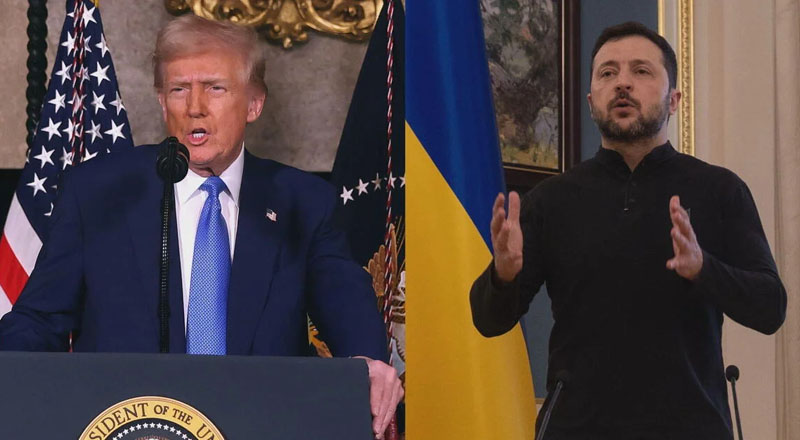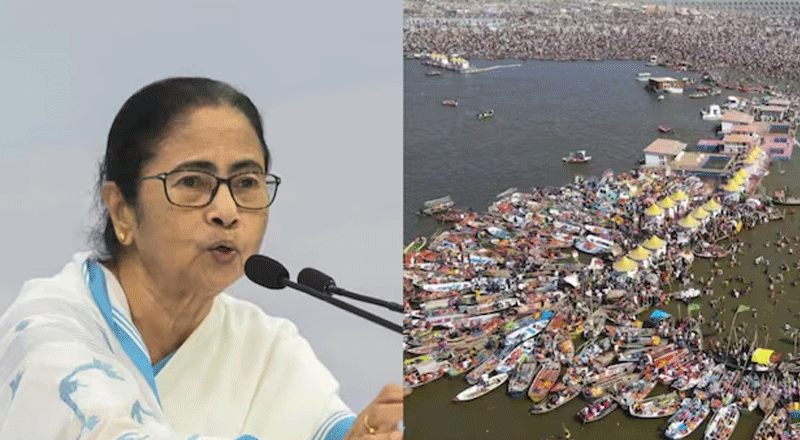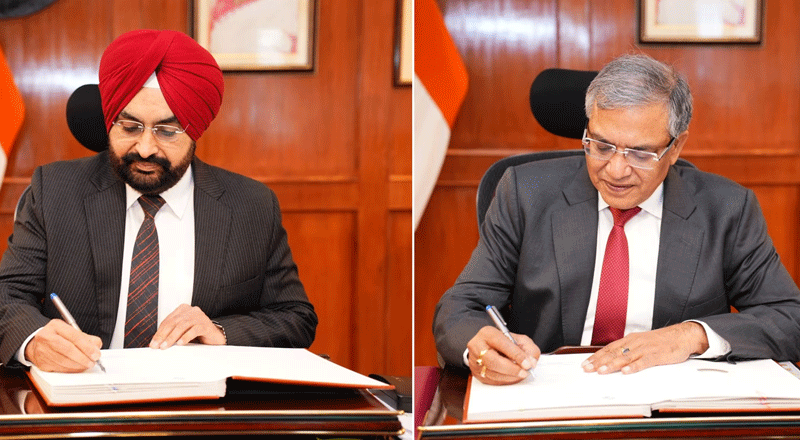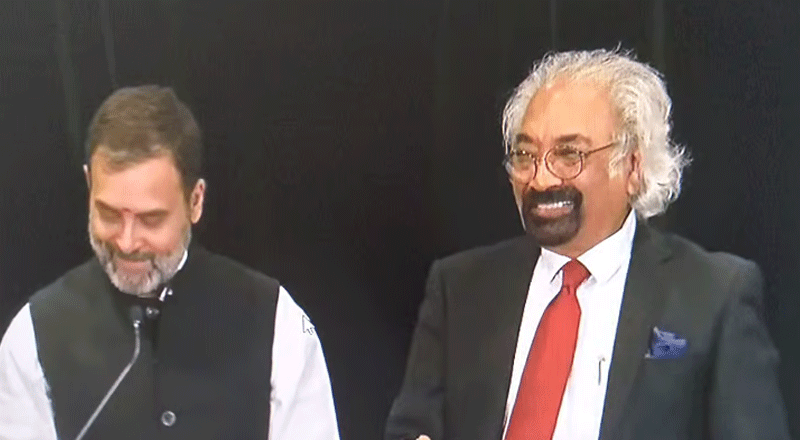Former U.S. President Donald Trump has once again taken aim at Ukrainian President Volodymyr Zelenskyy, calling him a “dictator” who refuses to hold elections. This remark follows Trump’s earlier claim that Zelenskyy’s approval ratings had plummeted to a mere four percent. However, the latest surveys suggest otherwise, with 57 percent of Ukrainians expressing trust in their leader. Furthermore, Ukraine’s elections have been postponed due to martial law imposed after Russia’s invasion. This article explores the accuracy of Trump’s claims and the reality behind Ukraine’s election situation.
Trump’s Statement and Its Implications
Since taking office, Zelenskyy has been labeled in various ways, ranging from comedian to wartime hero. However, Trump’s recent attack via his social media platform escalated tensions. He posted, “A dictator without elections, Zelenskyy better moves fast or he is not going to have a country left.”
Trump’s comments come after he suggested that Ukraine was responsible for the ongoing war and expressed interest in pressuring the country to hold elections. Speaking after U.S.-Russia peace talks, Trump questioned the absence of recent elections in Ukraine, stating, “We have a situation where we haven’t had elections in Ukraine, where we have martial law in Ukraine, where the leader in Ukraine— I mean I hate to say it, but he’s down at four per cent approval rating— and the country’s been blown to smithereens.”
Ukraine’s Last Election and the Legal Context
Zelenskyy was elected in 2019 with a landslide victory under the ‘Servant of the People’ party, defeating then-President Petro Poroshenko. His term was originally set to end in May 2024. However, after Russia’s full-scale invasion in 2022, Ukraine imposed martial law, which automatically postponed elections indefinitely.
Under Ukrainian law, elections cannot be held while martial law is in place. Zelenskyy recently extended martial law until May 9, 2025, meaning elections will remain on hold.
Challenges of Holding Elections in Wartime
The primary barrier to elections is the ongoing state of martial law. Even if Ukraine wished to proceed with elections, they would need to lift martial law, which could have serious security ramifications. “If we suspend martial law, we will lose the army, and voting without the military is dishonest,” Zelenskyy recently stated.
Beyond martial law, logistical hurdles also exist. Nearly one million Ukrainian soldiers are stationed far from home, making voting participation impossible. Additionally, millions of civilians are displaced, both within Ukraine and abroad. Electoral infrastructure has also been severely damaged by Russian attacks. Many schools, traditionally used as polling stations, have been destroyed.
Olha Aivazovska, head of the election watchdog Opora, told the Kyiv Independent that it could take up to a year to restore voting infrastructure and draft necessary legislation for post-war elections.
Who Is Demanding Elections?
The push for elections primarily comes from Russia and, now, Donald Trump. Russian President Vladimir Putin has long questioned Zelenskyy’s legitimacy, particularly after his term officially expired. During recent U.S.-Russia talks in Saudi Arabia, Kremlin spokesperson Dmitry Peskov stated that Putin would only negotiate with Ukraine if Zelenskyy’s legal standing as president was addressed.
Political analysts see Russia’s demand as a strategy to create division in Ukraine. “Of course, the Russians are demanding and promoting this. They want to create unrest, to create division among the population during an election campaign,” said German commentator Winfried Schneider-Deters.
Until recently, the push for elections came only from Moscow. However, Trump’s recent comments align with Russia’s demands, further complicating Ukraine’s political landscape.
Would Zelenskyy Win an Election Today?
Despite Trump’s assertion that Zelenskyy’s approval is at four percent, polling data tells a different story. The latest survey indicates that 57 percent of Ukrainians trust him, an increase from 52 percent in December. Another approval survey conducted between November and January found that 63 percent of Ukrainians either fully approved or tended to approve of his presidency.
Interestingly, Zelenskyy’s popularity currently surpasses Trump’s. According to a Reuters poll published on February 19, Trump’s own approval rating stands at 44 percent.
Trump’s claim that Zelenskyy is a “dictator” refusing to hold elections is misleading. The suspension of elections in Ukraine is due to martial law, a legally mandated measure under wartime conditions. Both Ukrainian lawmakers and the public support the decision to postpone elections until the war concludes.
With ongoing Russian aggression, Ukraine faces significant challenges in maintaining national stability. Zelenskyy remains widely trusted, contrary to Trump’s claims. While the debate over elections continues, Ukraine’s primary focus remains on defending its sovereignty. As international pressure mounts, one thing is clear—holding elections in the middle of a war is far from a simple political choice.
(With inputs from agencies)





